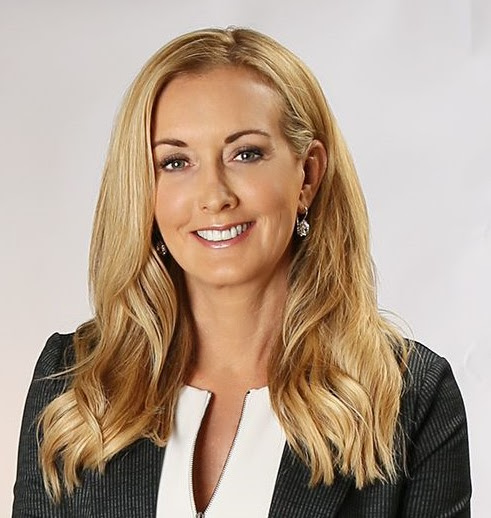Recent Articles
When a team of scientists embarked two years ago on a $1 million landmark study of Iowa’s persistent water quality problems, they knew that the findings would be important to share. The state’s stunningly high cancer rates amid its inability to stem the tide of pollutants flowing into rivers and lakes was a growing public concern.
But now, after the completed study pointed to agricultural pollution as a significant source of the key US farm state’s water problems, public officials have quietly stripped funding away from plans to promote the study findings, according to sources involved in the project.
Syngenta is another step closer to potentially putting an end to thousands of lawsuits brought by people blaming the company’s paraquat weed killer for causing Parkinson’s disease.
After signing a preliminary agreement with plaintiffs’ attorneys in April, the company now has in place a signed “Master Settlement Agreement”, according to a recent court filing.
DES MOINES, Iowa — Several hundred Iowa residents gathered in the state capital this week, calling on public officials – and each other – to take swift action against dangerously polluted water supplies that are closely linked to the state’s powerful agricultural industry.
Some attendees drove for hours from rural farmsteads for the Aug. 4 event, squeezing into a packed auditorium on the campus of Drake University to listen to a team of scientists detail new research showing how multiple harmful pollutants flowing through Iowa watersheds are jeopardizing public and environmental health.



